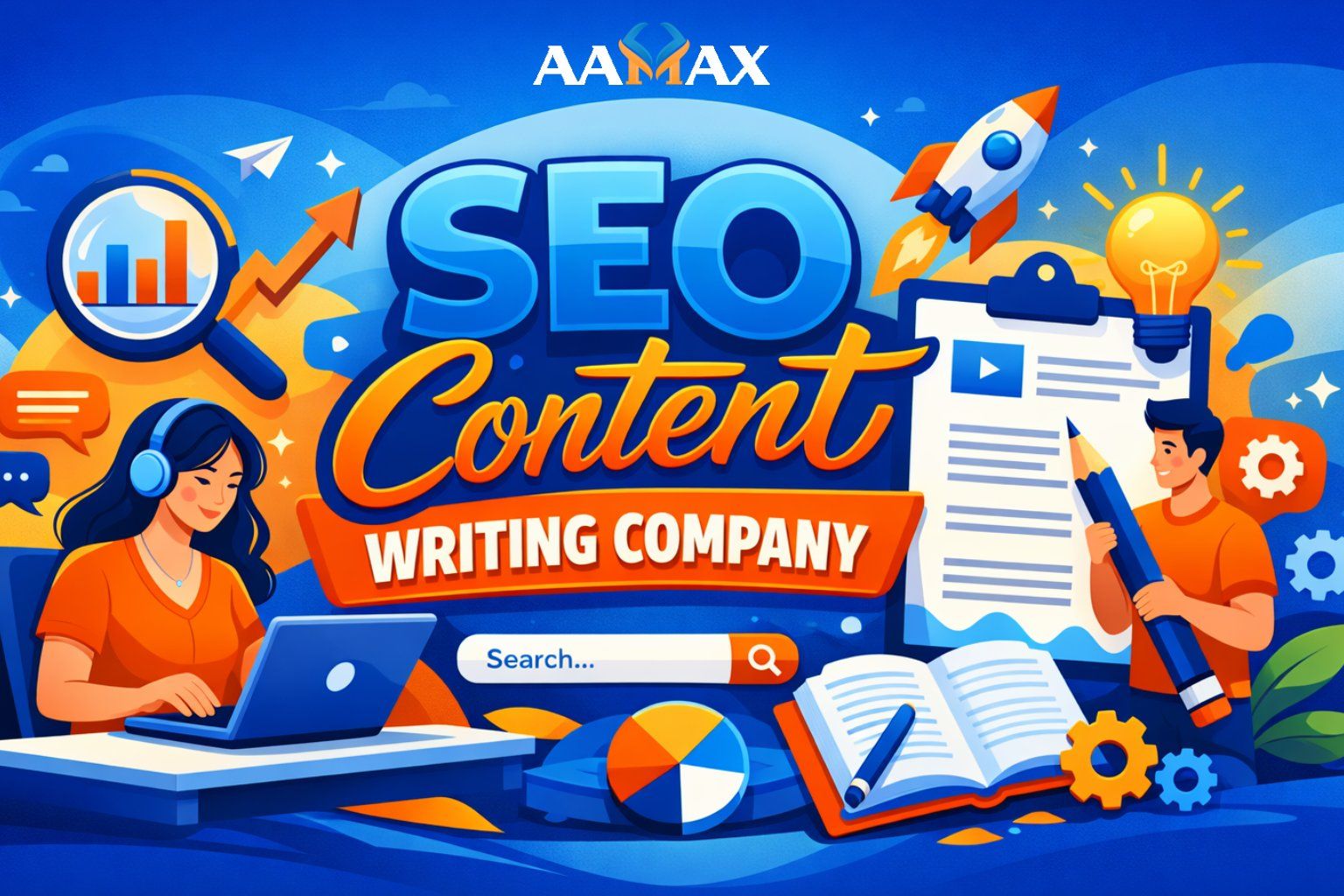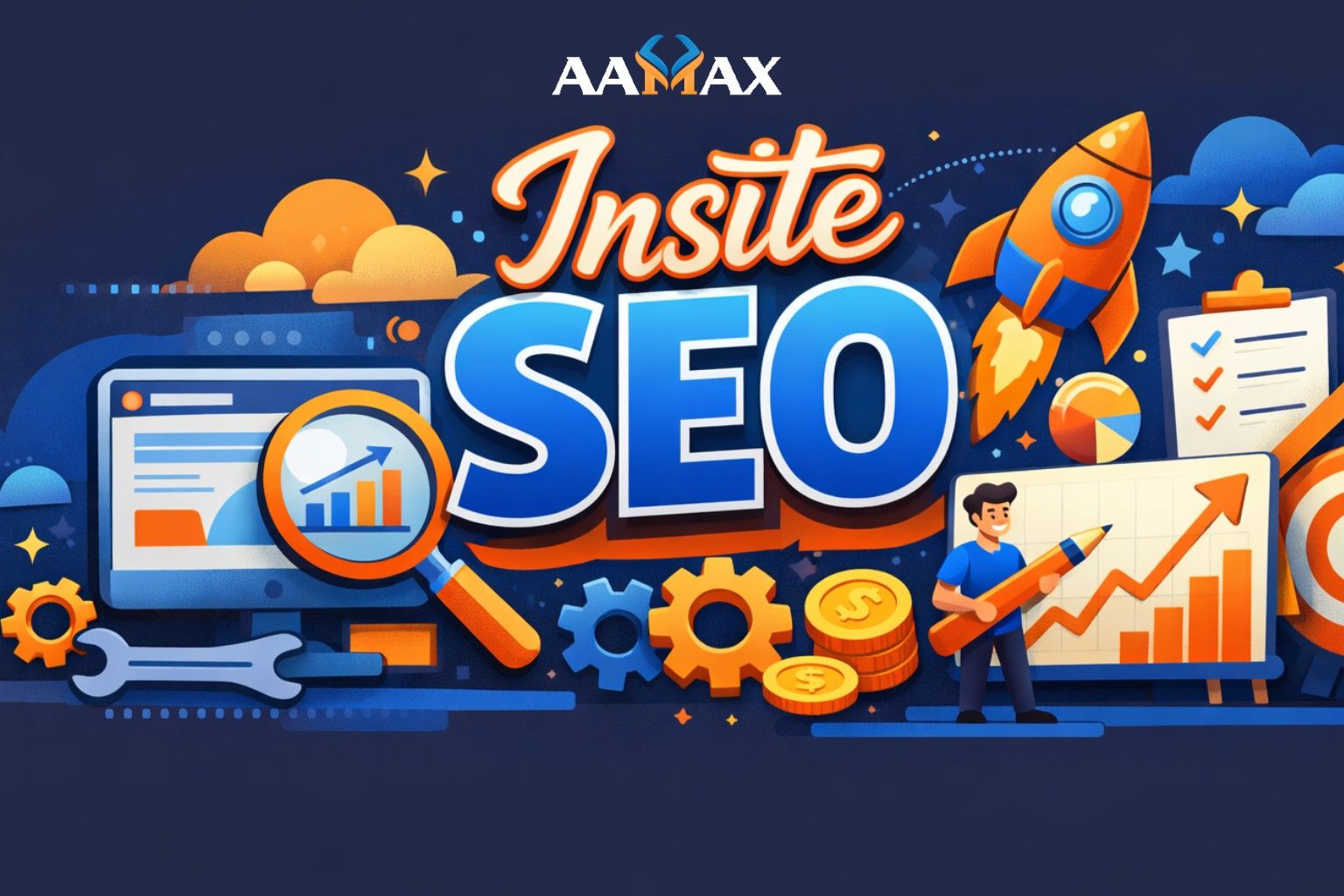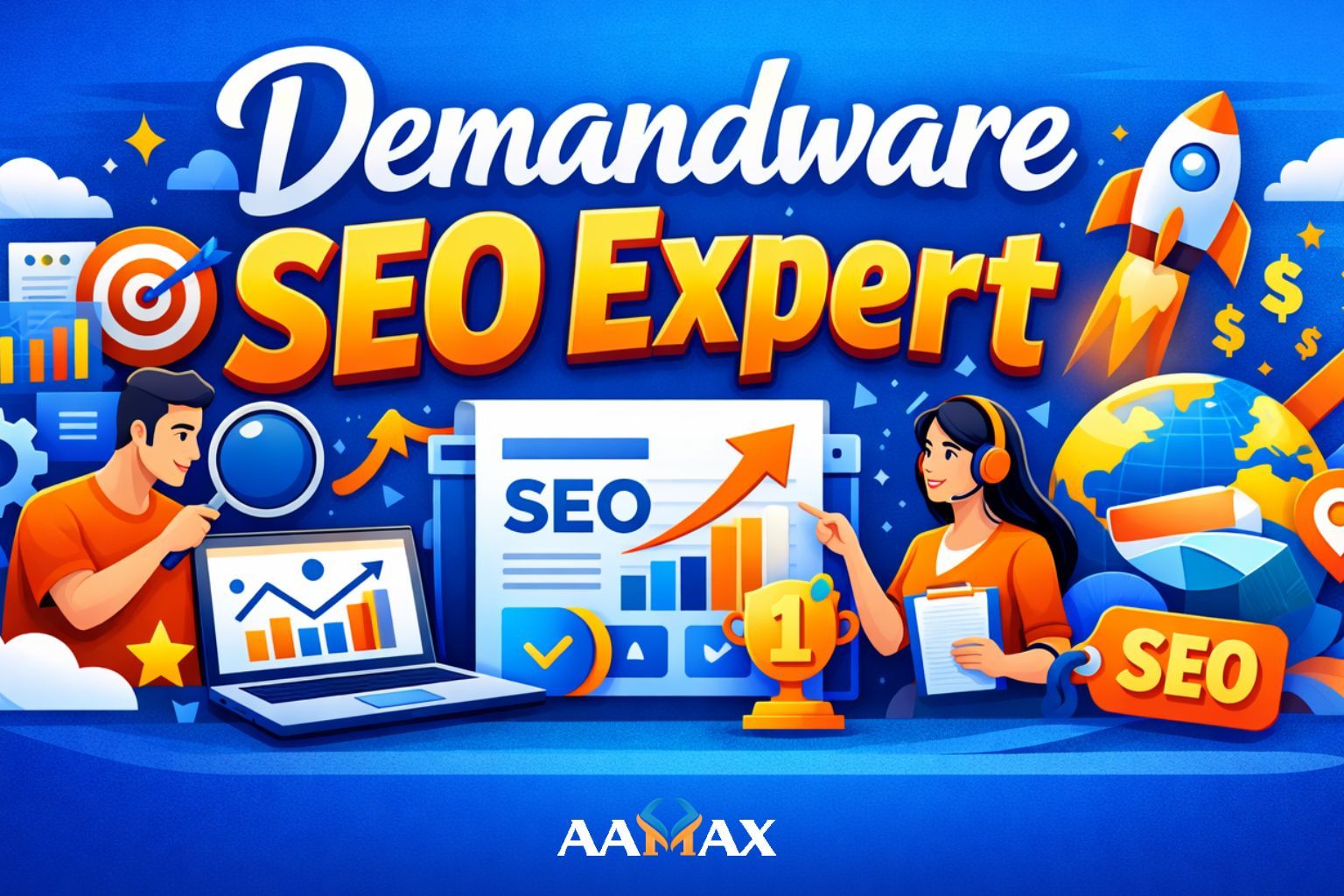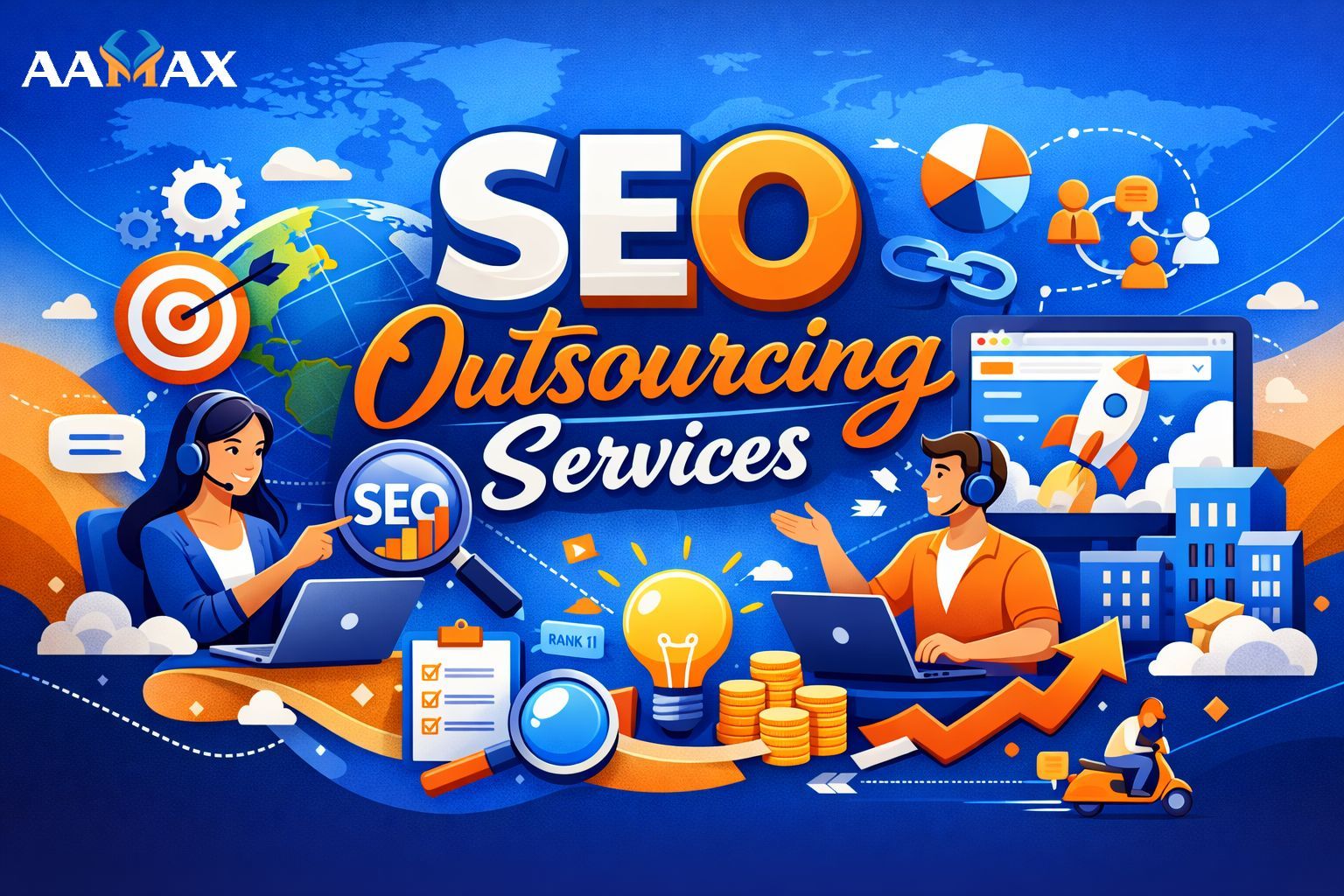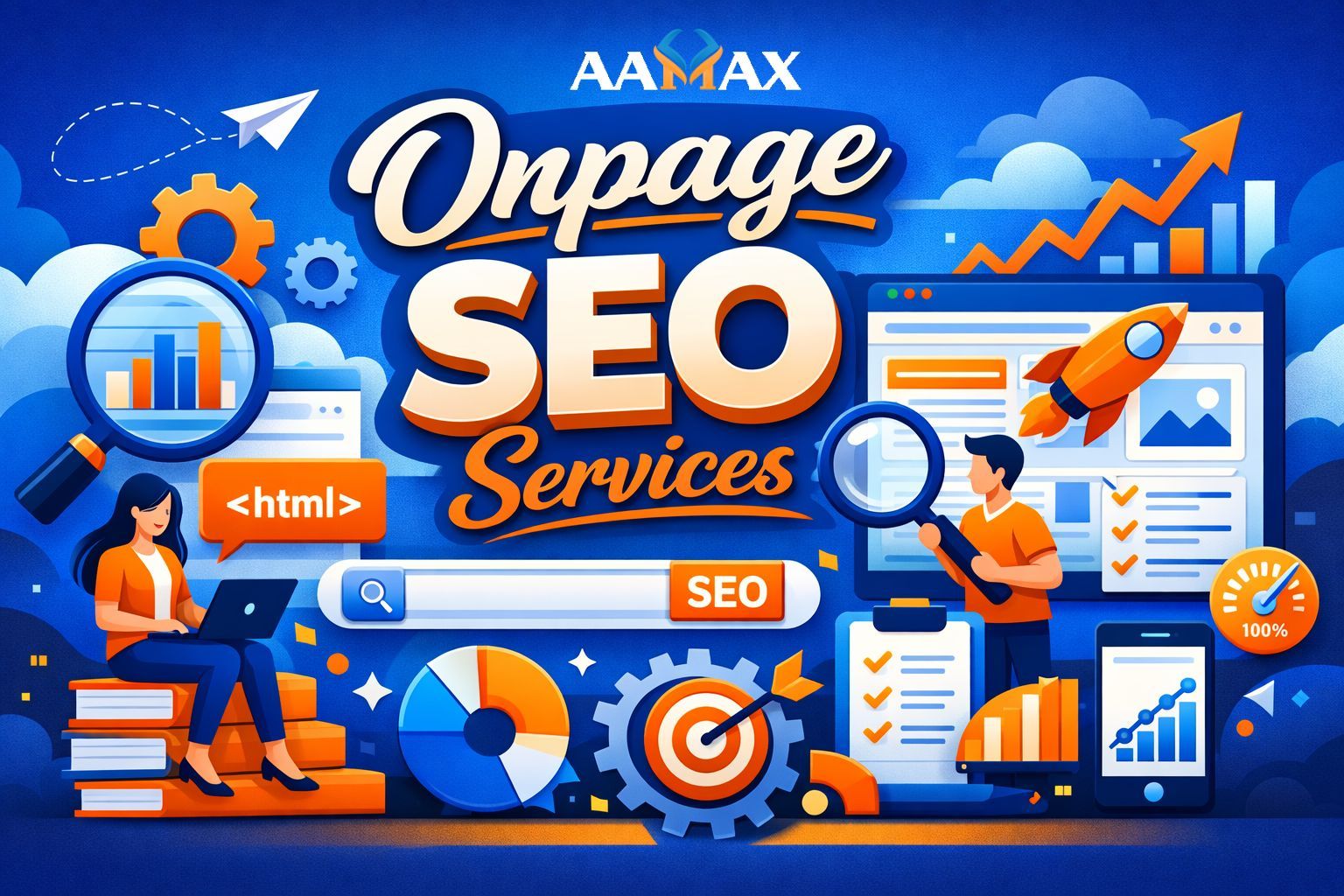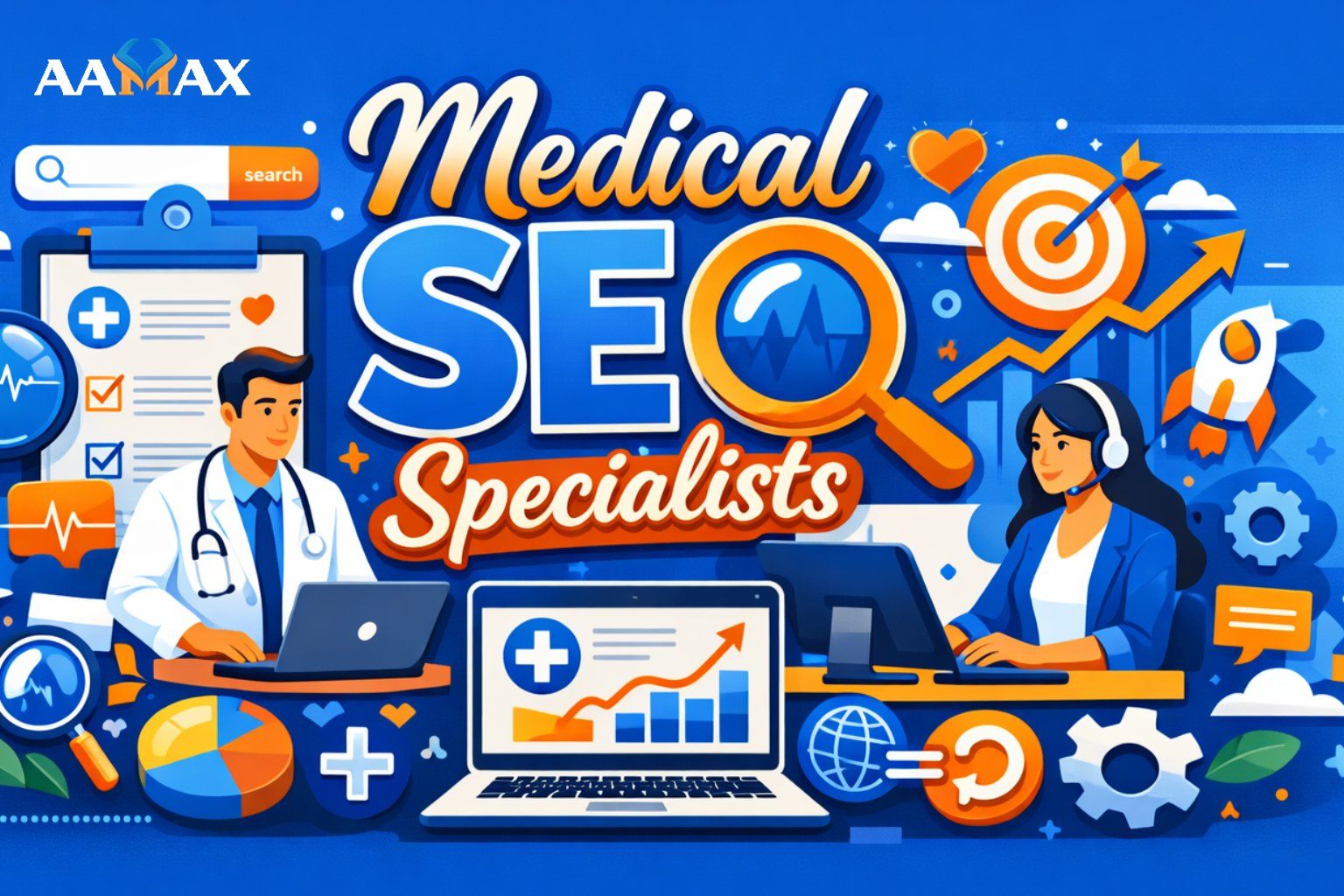![How Much Does an Ecommerce Website Cost? [Guide]](https://res.cloudinary.com/dmkou0hmb/image/upload/v1753121443/How_Much_Does_an_Ecommerce_Website_Cost_Guide_ec8cf37096.jpg)
How Much Does an Ecommerce Website Cost? [Guide]
If you are planning to launch your online store, one of your first big questions is: How much does an ecommerce website cost? This comprehensive guide will break down everything you need to know about Web Development costs, including platform choices, design, payment gateways, security, hosting, and ongoing maintenance.
We will also cover hidden costs most beginners overlook so you can budget effectively for your ecommerce business.
Why Ecommerce Website Cost Varies
The cost of building an ecommerce website can range anywhere from $500 to $100,000+ depending on factors such as:
-
The platform you choose (Shopify, WooCommerce, Magento, or custom)
-
The design complexity and UI/UX requirements
-
Number of products you plan to sell
-
Required integrations (CRM, ERP, marketing tools)
-
Payment gateway setup
-
Custom features (product configurators, membership, marketplace)
-
SEO and digital marketing readiness
-
Ongoing maintenance and hosting quality
Understanding these variables will help you align your investment with your ecommerce goals and scalability needs.
Types of Ecommerce Platforms and Cost Impact
1. Hosted Ecommerce Platforms (Shopify, BigCommerce)
Cost Range: $29 - $299/month + transaction fees + theme/plugin purchases
Hosted platforms like Shopify and BigCommerce provide:
-
Easy-to-use interfaces
-
Hosting and security included
-
Fast setup
Additional costs:
-
Premium themes: $100 - $350 one-time
-
Paid apps/plugins: $5 - $100+/month
-
Transaction fees (unless using their payment gateway)
Hosted solutions are best for businesses seeking a quick launch with low upfront costs while accepting recurring subscription expenses.
2. Open-Source Ecommerce Platforms (WooCommerce, Magento, PrestaShop)
Cost Range: $500 - $15,000+ upfront depending on complexity
Open-source platforms give you flexibility and control but require you to manage:
-
Hosting costs ($5 - $100+/month depending on traffic)
-
Security certificates (SSL: $0 - $200/year if not included)
-
Development and customization
-
Plugin and theme costs
WooCommerce, for example, is free but requires a WordPress site, premium plugins, and potentially developer fees for customizations.
Magento offers enterprise-level features but needs high-quality hosting and technical management, making it more expensive.
3. Custom-Built Ecommerce Platforms
Cost Range: $10,000 - $100,000+
Custom-built ecommerce websites are developed from scratch for unique business needs. They allow:
-
Complete control over design and functionalities
-
Seamless integration with complex backend systems
-
Scalability and advanced performance optimization
Custom builds require hiring an experienced development team, rigorous testing, and ongoing technical support, which significantly increases costs but is often essential for large-scale businesses or marketplaces.
Breakdown of Ecommerce Website Cost Components
Domain Name
-
Typically $10 - $50/year
-
Consider securing multiple domain extensions for brand protection.
Web Hosting
-
Shared hosting: $5 - $20/month (not recommended for serious ecommerce)
-
Managed WooCommerce hosting: $25 - $100+/month
-
VPS/Dedicated hosting for Magento or high-traffic sites: $80 - $500/month
SSL Certificate
-
Essential for security and trust
-
Free options available (Let’s Encrypt), but premium SSL with warranty: $50 - $200/year
Ecommerce Website Design
-
Using pre-made themes: $0 - $300
-
Custom design and UI/UX: $1,500 - $10,000+ depending on design complexity, animations, mobile optimization, and brand guidelines.
Development and Functionality
-
Base ecommerce site setup: $500 - $5,000 for basic stores
-
Advanced stores with custom plugins, ERP/CRM integrations, product configurators, or membership systems: $5,000 - $50,000+
-
Payment gateway integration: Payment processors like Stripe and PayPal have transaction fees (~2.9% + $0.30 per transaction)
Product Photography and Content
-
Professional product photography: $20 - $150/product
-
Copywriting for product descriptions: $20 - $100/page depending on expertise and SEO optimization
SEO and Digital Marketing Setup
-
On-page SEO optimization during build: $500 - $5,000 depending on store size
-
SEO and marketing tools integration: Google Analytics, Facebook Pixel, Email automation
-
Ongoing digital marketing budget should be factored separately for effective growth.
Testing and Quality Assurance
-
User testing and device testing: $500 - $2,000
-
Debugging and launch support: $500 - $2,000
Maintenance and Ongoing Costs
-
Plugin/theme updates
-
Security patches
-
Backup management
-
Speed optimization
Plan for $500 - $5,000/year depending on your platform, store size, and update frequency.
Hidden Costs to Consider
Many first-time ecommerce owners overlook the following costs:
-
Payment processing fees: 1.9% - 3.5% per transaction
-
Shipping software integration: ShipStation, Easyship fees
-
Email marketing tools: Mailchimp, Klaviyo, or Omnisend subscriptions
-
Custom features or post-launch changes: Feature creep can increase costs significantly
-
Site speed optimization and CDN services for global delivery
Planning for these hidden costs ensures your ecommerce website performs efficiently while maintaining a positive user experience.
How Much Does an Ecommerce Website Cost Based on Store Size?
Small Store (10-50 Products)
-
Using Shopify: $1,000 - $3,000 initial setup
-
Using WooCommerce: $1,500 - $5,000
-
Custom: $10,000+
Medium Store (50-500 Products)
-
Shopify advanced plan + custom apps: $5,000 - $15,000
-
WooCommerce with custom design + integrations: $5,000 - $20,000
-
Custom: $20,000 - $50,000
Large Store (500+ Products, Custom Features)
-
Shopify Plus: Starting at $2,000/month + development costs
-
WooCommerce with advanced customization: $15,000 - $40,000+
-
Fully custom: $50,000 - $100,000+
These ranges help in planning your budget according to your current business size and future scalability needs.
DIY vs. Hiring a Professional Development Agency
While DIY website builders may seem cost-effective initially, building a scalable, secure, high-performing ecommerce website requires professional expertise. A well-structured ecommerce site impacts:
-
User experience
-
SEO rankings
-
Conversion rates
-
Operational efficiency
If your goal is to build a store that performs well and scales efficiently, hiring an experienced development agency can save you time, reduce technical debt, and maximize your return on investment.
Why Hire Professionals Like AAMAX for Ecommerce Website Development?
Hire AAMAX if you need expert ecommerce website development that aligns with your goals. AAMAX is a full-service digital marketing company providing:
-
Web Development: Ecommerce, corporate websites, landing pages, and web apps with a mobile-first, SEO-friendly approach.
-
Digital Marketing: Complete digital growth strategy to ensure your ecommerce business gets targeted traffic and conversions.
-
SEO Services: On-page and off-page SEO to help your store rank for high-intent keywords.
Partnering with an agency like AAMAX ensures:
✅ Professional design and custom development
✅ SEO-ready structure from day one
✅ Seamless payment gateway and system integrations
✅ Speed optimization and scalability for growth
✅ Ongoing technical support and maintenance
Final Thoughts
How much does an ecommerce website cost? It depends on your platform choice, design requirements, feature set, and long-term goals. You can start small and scale over time, or invest in a professional, scalable ecommerce platform from the beginning to position your business for success.
In summary:
-
Budget at least $2,000 - $5,000 for a small ecommerce store on a hosted platform.
-
Expect $5,000 - $20,000+ for a medium-sized WooCommerce or Shopify store with custom design and features.
-
Plan for $20,000 - $100,000+ for fully custom ecommerce sites with advanced integrations and enterprise-level capabilities.
Choosing the right partner for your ecommerce development journey makes a difference in your business’s long-term sustainability and growth. Take time to analyze your business needs, get a clear project scope, and plan your budget realistically to build a high-converting ecommerce website that drives revenue for your business.
If you are ready to launch or upgrade your ecommerce website, consider discussing your project with AAMAX to ensure your investment is strategically aligned with your business goals.

